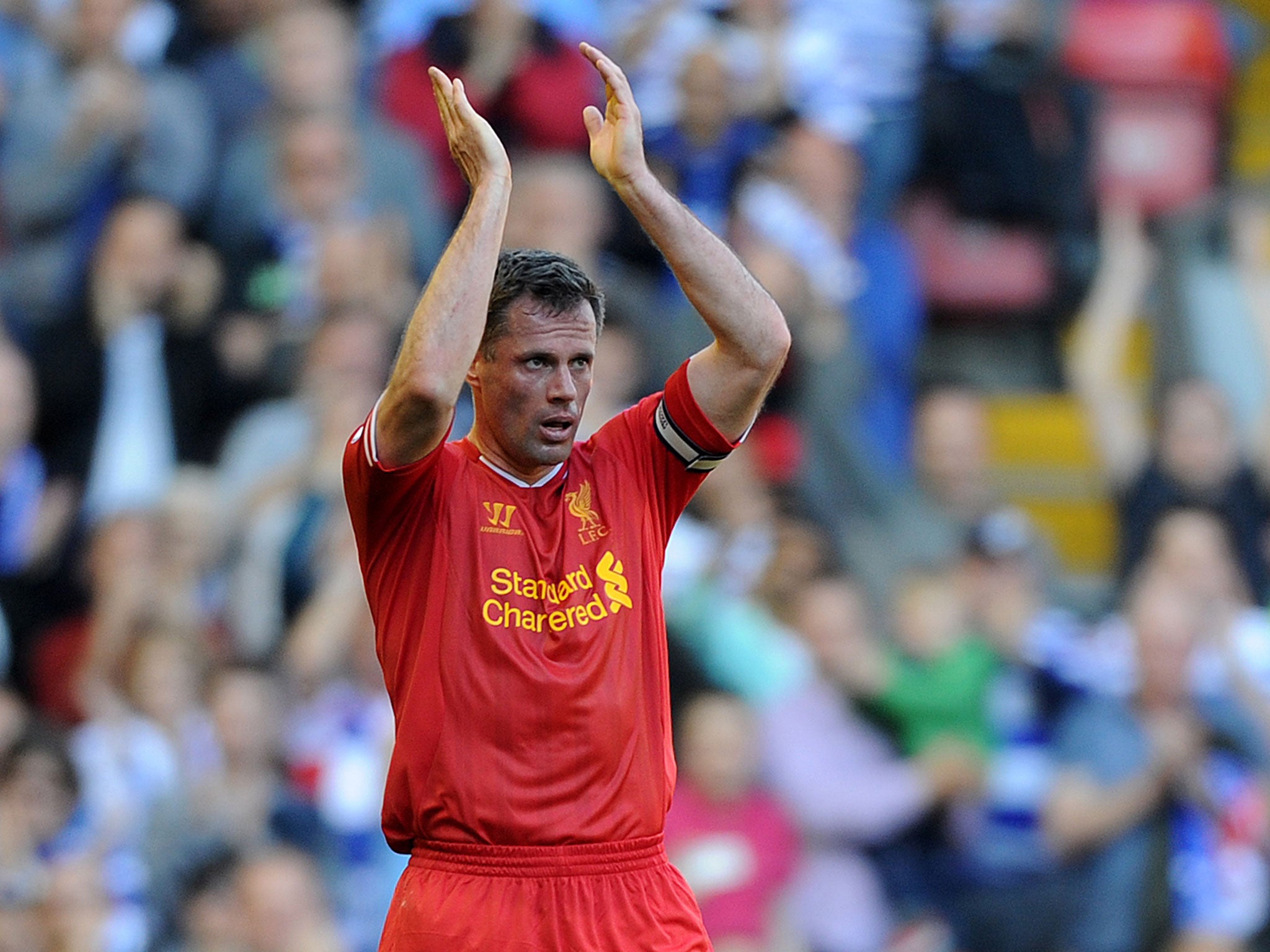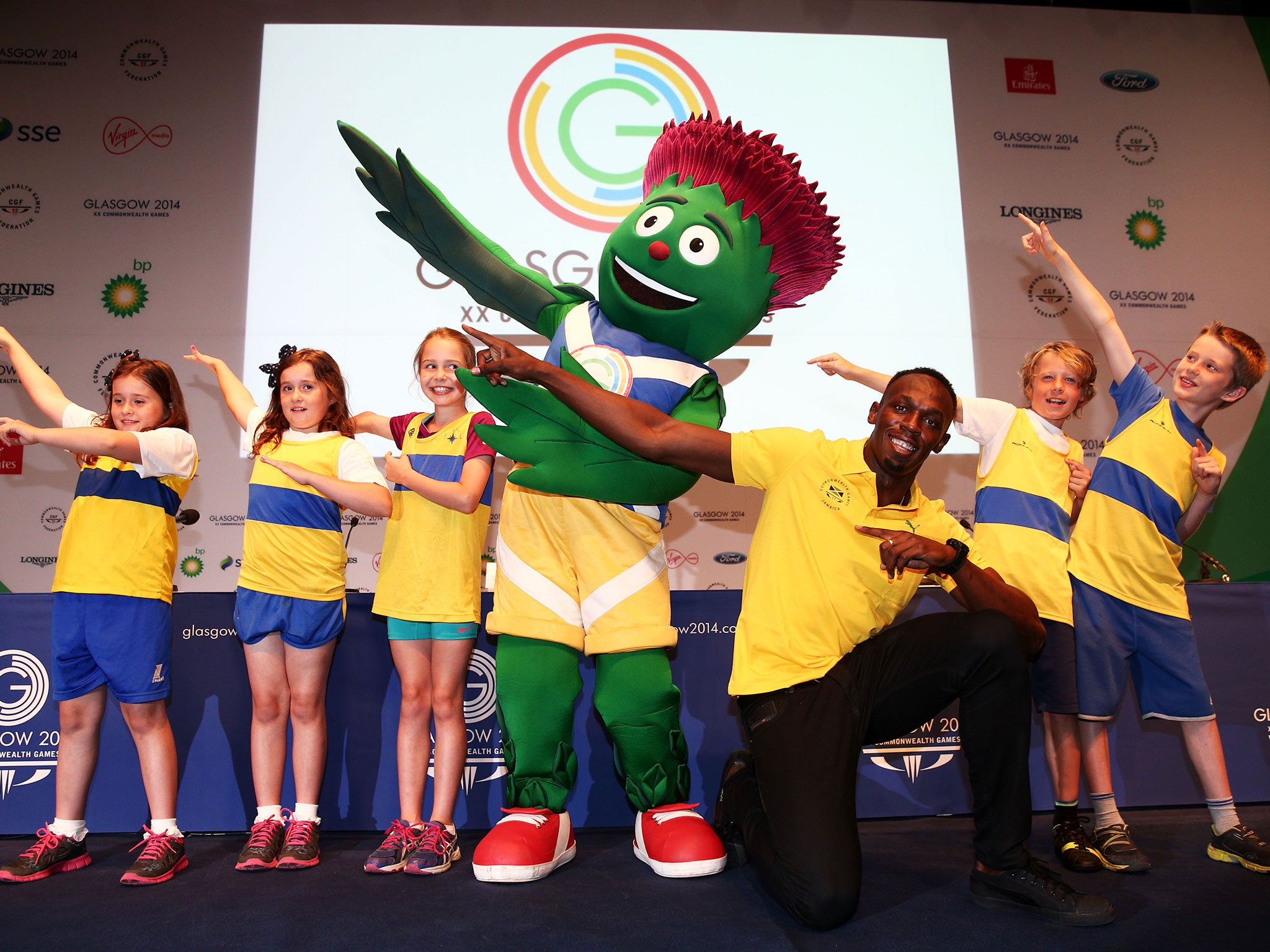The Last Word: Learning to deal with failure
Thirteen members of the Liverpool Schoolboys squad in which Michael Kinsella played were recruited by clubs; two became pros, while six went to jail

Your support helps us to tell the story
From reproductive rights to climate change to Big Tech, The Independent is on the ground when the story is developing. Whether it's investigating the financials of Elon Musk's pro-Trump PAC or producing our latest documentary, 'The A Word', which shines a light on the American women fighting for reproductive rights, we know how important it is to parse out the facts from the messaging.
At such a critical moment in US history, we need reporters on the ground. Your donation allows us to keep sending journalists to speak to both sides of the story.
The Independent is trusted by Americans across the entire political spectrum. And unlike many other quality news outlets, we choose not to lock Americans out of our reporting and analysis with paywalls. We believe quality journalism should be available to everyone, paid for by those who can afford it.
Your support makes all the difference.The money was too easy, the temptation too great and the power all too real. Once the dream died, as rejection by Liverpool as a schoolboy footballer was followed by failure at Bury and Tranmere Rovers, Michael Kinsella descended into the heart of darkness.
The would-be goalkeeper joined an armed gang which planned to flood Merseyside with drugs worth in excess of £4 million. As their influence expanded, to Scotland, Ireland and mainland Europe, his life veered from excess to incarceration.
He had a Premier League player’s income, but it had to be paid for. He served four separate jail sentences, in Spain, Holland and the UK, over a total of 12 years. Prison could have defined him, destroyed him, but it ultimately saved him.
He completed 17 different vocational courses while preparing for his release and for the past 18 months has pursued the vision which took shape in his cell. OnSIDE Academy is the first of its kind, a project which provides adult education and work opportunities for those who fall out of the game.
The numbers are frightening. Of the 10,000 or so boys involved in professional football’s broader Academy system at any one time, only one per cent will make a living from the game.
The Professional Football Association’s official transfer list featured 583 players seeking new clubs at the last count. The true figure is in the thousands, since many do not register their plight with the union.
With pre-season programmes taking shape, time is running out for them. The future is bleak and associated problems – of addiction, depression and criminality – are profound.
The PFA provide a nationwide network of 36 counsellors for current and former players and spend up to £8 million on personal-development programmes. But crime appears to be a seductively simple way to maintain a certain lifestyle. Kinsella admits that on the streets of our major cities drug dealing is an aspirational alternative to football.
He estimates nearly 150 ex-players are in prison, the vast majority for drug offences. Thirteen members of the Liverpool Schoolboys squad in which he played were recruited by clubs; two became pros, while six went to jail.
OnSIDE offers hope and recalibration. It has forged links with a range of clubs including Liverpool and Blackburn Rovers and is supported by Jamie Carragher, a Sunday League team-mate of Kinsella when they were in their early teens. Carragher admits it is difficult for senior pros to offer neo-pros advice “because you don’t want them to think that you think they’re not going to make it”.
OnSIDE’s work, in conjunction with former players’ charity XPro, meets a need that will grow exponentially as the current system, which allows clubs to uproot youngsters from the communities that nurtured them, becomes ever more elitist and driven by expedience. Boys as young as 15 are released and return to friends and families stigmatised as failures.
Education is supposed to be enshrined in the system but it lacks the rigour of the French model, where Academy rankings take into account academic results in addition to the number of professional contracts offered and the quality of coaching delivered. Few, if any, Premier League clubs could match the record of AS Monaco’s youth players, who had a 100 per cent pass rate in the high-school baccalaureate.
Individually, the situation challenges the conscience. I spent some time this week with a manager who recalled “one of the worst things I’ve seen in football”, a single tear running down the cheek of a youngster he had just released. “He was trying to hold it together. The strength that took haunted me, to be honest.”
He has no idea what happened to that young man. He has a club to run and a team to build. The game moves on, oblivious to those crushed beneath the wheels of a commercial juggernaut.
Genuine support for strugglers
The myth that football fans cannot be entrusted to run a bath is usually propagated by those with a vested interest in spreading false impressions.
You will know the type. Hedge fund operators who force clubs away from their communities. Quotable foreign owners with opaque CVs. Incompetent administrators who make a virtue of their impotence.
Well, supporter-run clubs do work. Portsmouth, once pushed to the verge of extinction by assorted charlatans, are the poster boys for a new model army.
There is a sense of unity and initiative coming into the new season. Supporters have already raised £150,000 for the Academy. Players mingle happily with them and identify with their commitment.
Hereford fans hope to follow their example, provided they can rid themselves of an uncommunicative owner who has overseen expulsion from the Conference.
This week’s farcical friendly, a secretive 6-0 defeat by Besiktas on the outskirts of Leeds, will harden plans to boycott official matches. While that charade was enacted in Yorkshire, a crowd of 653 watched a Supporters Trust team instead.
The people have spoken. But will the football authorities listen?

Now Bolt goes nuts in Brazil
For his next trick, Usain Bolt will be racing “mano a mano” in a 100-metre sprint along Copacabana Beach. It will be a brilliantly marketed stunt – and justify his warm-up event, the sprint relay in Glasgow.
Whether we like it or not, in this age of short attention spans and instant gratification the Commonwealth Games are becoming increasingly peripheral.
Dyke will fail the test of time
Greg Dyke, the FA chairman, could give Alastair Cook lessons in self-destructive stubbornness. His refusal to accept the weakness of his B team proposal ensures history will judge him as a dilettante who played to the gallery instead of making a difference by highlighting the shortcomings of the organisation he represents.
Join our commenting forum
Join thought-provoking conversations, follow other Independent readers and see their replies
Comments